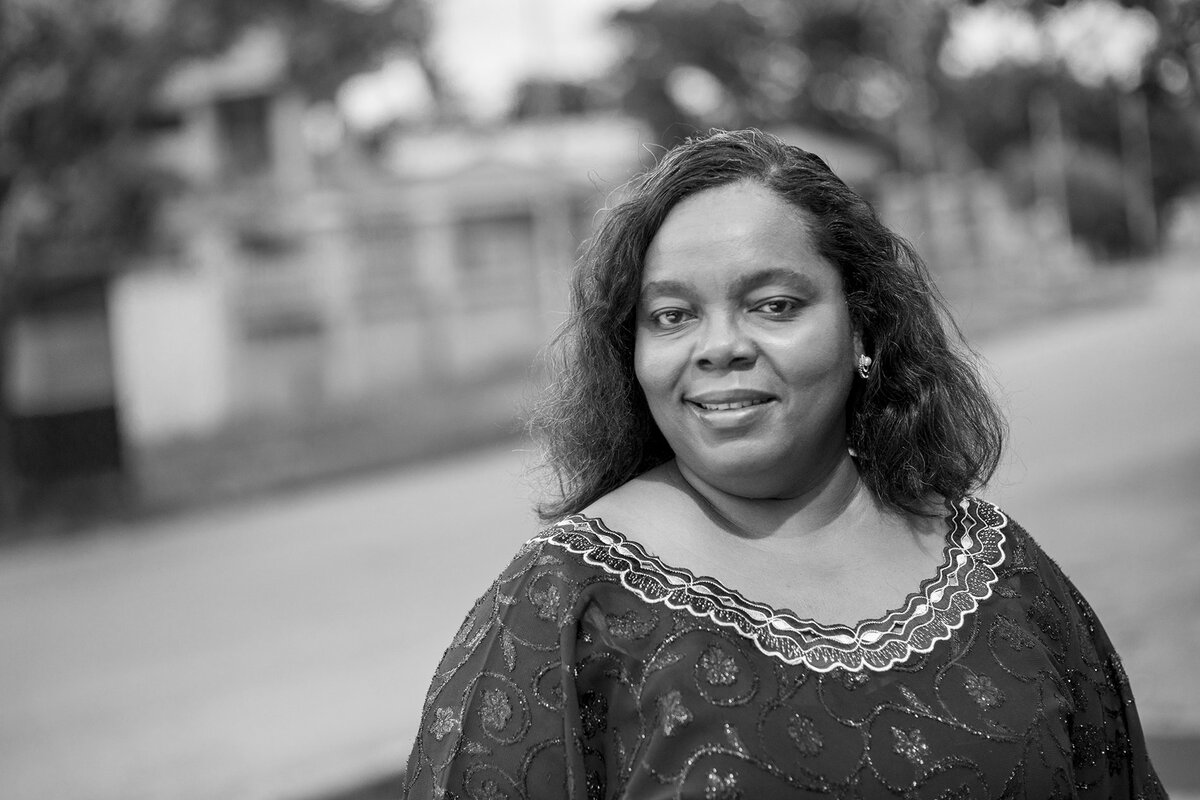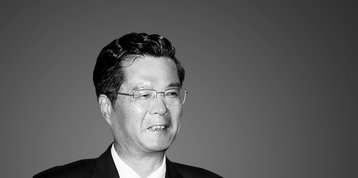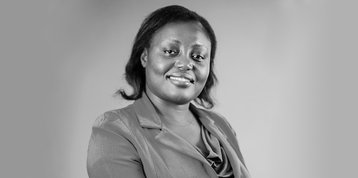Gloria Quansah Asare

Improving Quality, Advancing Reproductive Health, in Ghana
Dr. Gloria Quansah Asare is driven by a desire to provide the Ghanaian people the very best when it comes to reproductive health. She believes that with quality health services and clear information about their bodies and rights, Ghanaians can be empowered to live better, more fulfilled lives.
Quality is essential to maintaining the standards Ghana has achieved in reproductive health and rights over the last decade.
As the Deputy Director-General of the Ghana Health Service, Dr. Asare knows that quality is essential to maintaining the standards Ghana has achieved in reproductive health and rights over the last decade. She acknowledges that the country has faced particular challenges such as the occasional shipment of faulty products or incorrect packaging. But these challenges have only proved to strengthen some of the measures that have helped improve quality—Ghana’s strict FDA quality control, import examinations, random samplings and the requirement that all products have WHO pre-qualification. The process of developing and instituting checks and balances to ensure quality RH supplies in Ghana has taken time, but Dr. Asare shares her learning with the rest of West Africa and the international community.
Dr. Asare is appreciative of the support of development partners, such as RHSC, who help provide the best quality products at affordable prices. Going forward, she believes that sharing information, knowledge and experiences will help put systems in place that lead to better health and economic gains for Africa.

The ability of women and men to have supplies they know are both safe and effective. Good sexual and reproductive health depends on ensuring the quality of the RH supplies bought and distributed, and equally important, unequivocal confidence in the quality of these supplies.
Who’s Holding up Our Pillars?
This story is part of “Who’s Holding up Our Pillars?”, a Coalition effort to invite our heroes working in supply chains to tell their stories. Read their stories and see who they contribute to our vital, everyday work.



